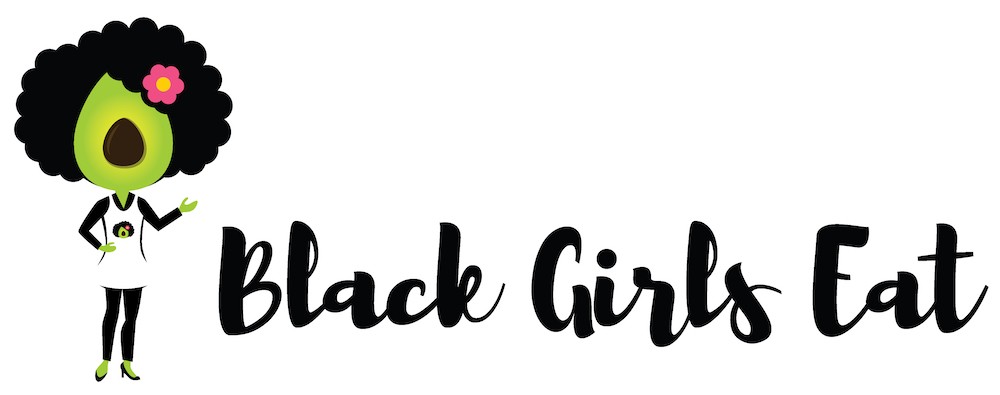Plant-based cooking is not as hard as it sounds. It means that you are super focused on getting more nutrient rich foods on your plate. Once you decide that you want to add more fruits, grains and vegetables to your plate, it makes sense that you are shopping differently. What’s great about plant-based cooking is that you can bring your own flavor palette and seasonings to the table. Literally!
It’s all about having what you need on hand to remix your recipes for great plant-based cooking experiences. This is true for the beginner or the seasoned chef. I’m sharing the best of what I’ve learned. Share and save this post for future reference.

Cooking Oils
Plant-based cooking offers some great options to explore cooking with a variety of oils. These oils can help you in a couple of ways. First, they help ensure that your pans and baking sheets are well coated. But most importantly, we are always happy about oils that are rich in healthy fats. Like anything, too much can be harmful. Be sure to find out if you should be using oils when cooking.
When you are plant-based cooking, you are often sautéing, roasting and baking. Having the right oils on hand is key. I’m also a fan of cooking sprays. My top 3?
- Extra Virgin Olive Oil: Provides antioxidant and anti-inflammatory power.
- Sesame Oil: Heart healthy and perfect for making your own salad dressing or sautéd veggies.
- Avocado Oil: Unrefined and cold pressed. Offers healthy fat and lots of vitamin E.
Legumes for Plant-Based Cooking
It’s no secret that legumes are the plant-based cooking all-stars. If you come to my house, you will find rows of beans, lentils and chickpeas in the cabinet. They are a great source of protein, fiber, and essential nutrients.
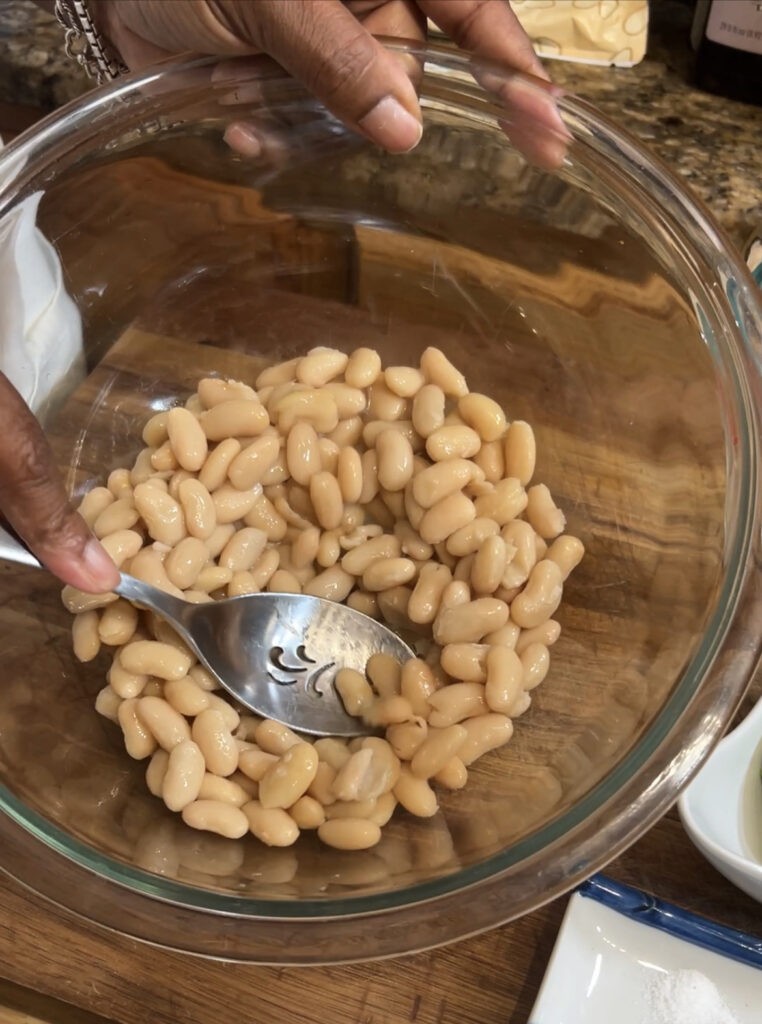
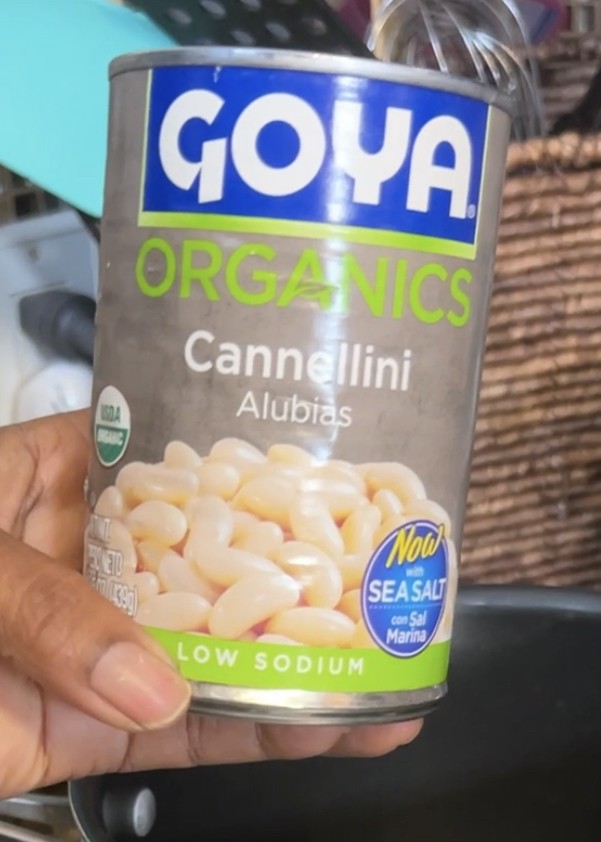
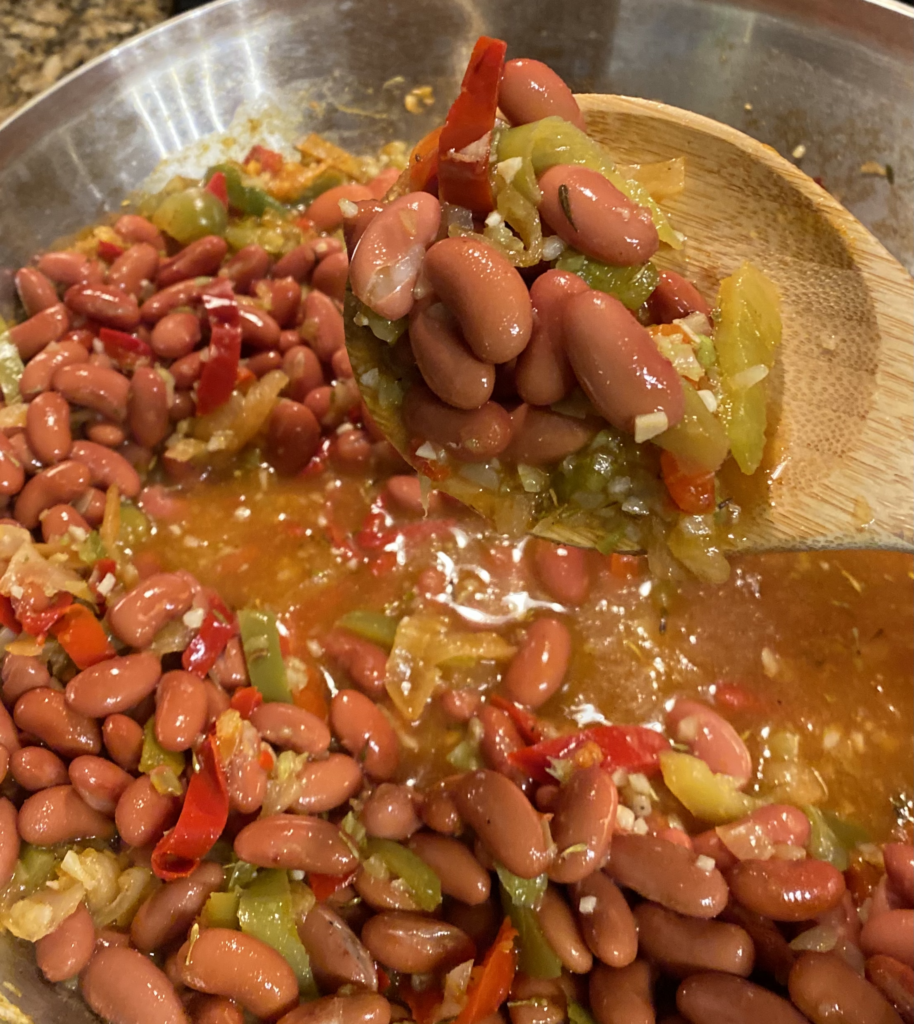
What’s really awesome is that legumes make plant-based cooking fun and tasty. They are all so very versatile. and can take on the flavors of a variety of spices. Check out some of my favorites below:
- Chickpeas (Garbanzo)
- Pinto beans
- Black beans
- Green peas
- Lima beans
- Kidney beans
- Black-eyed peas
- White beans
Whole Grains
Whole grains are another important ingredient in plant-based cooking. They are a great source of complex carbohydrates, fiber, and essential vitamins and minerals. Some of the best options for whole grains include quinoa, brown rice, and oats. But there are so many more to choose from like fonio and barley. A little goes a long way. Make sure you have the proper food containers for storage so that the product stays fresh.
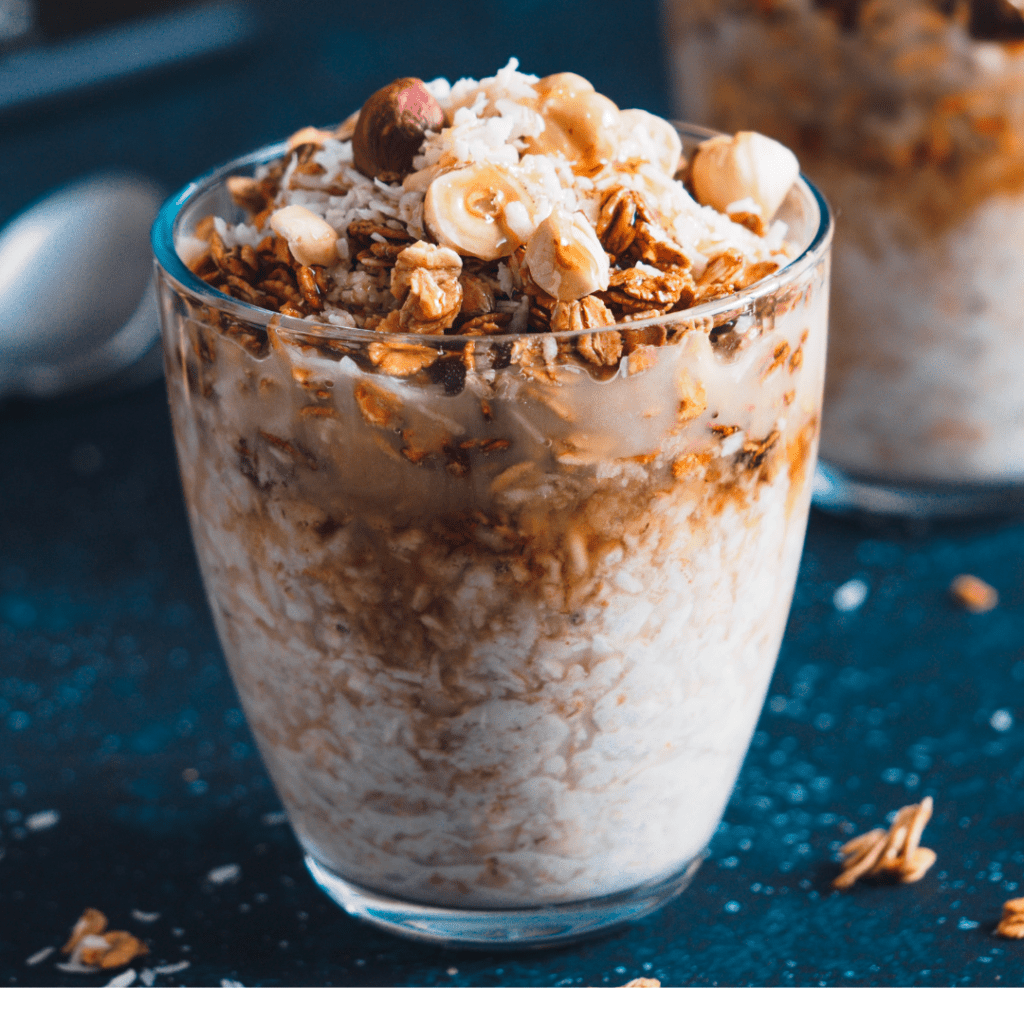
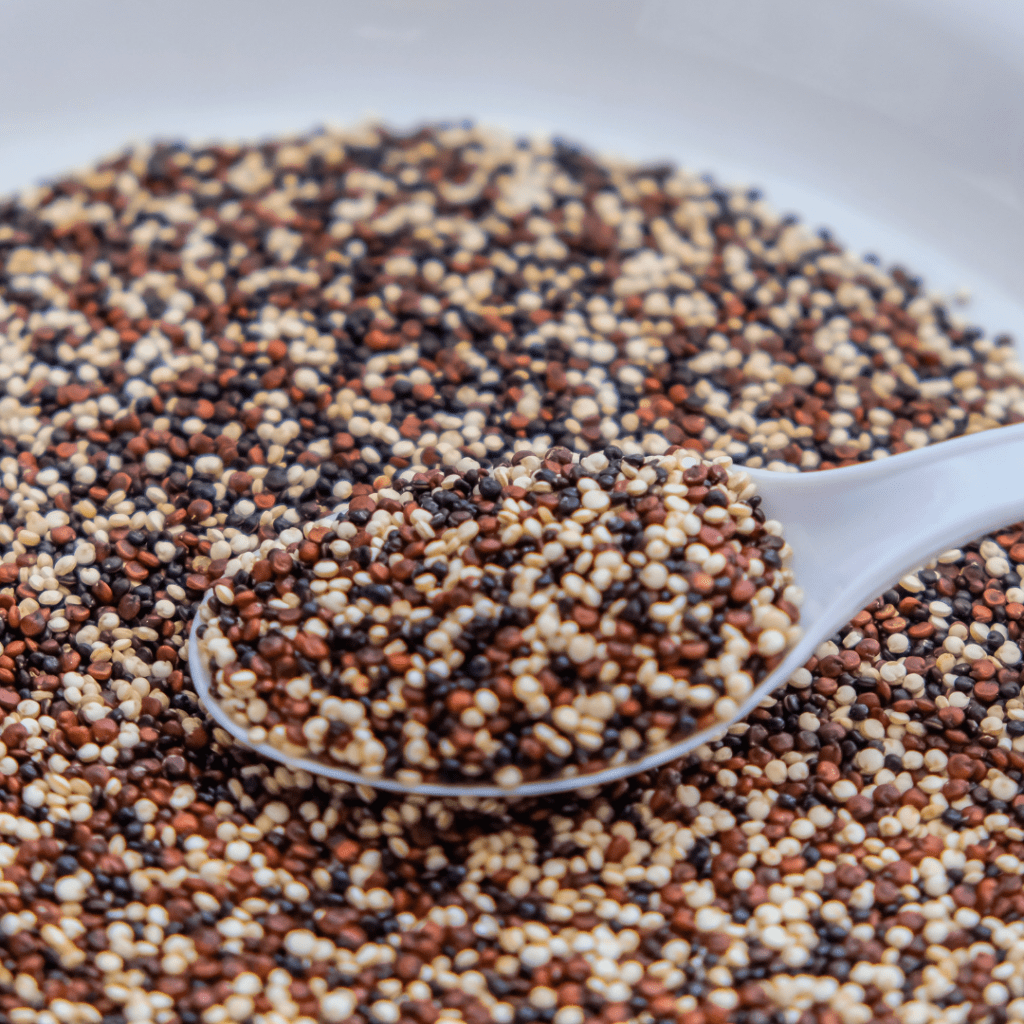
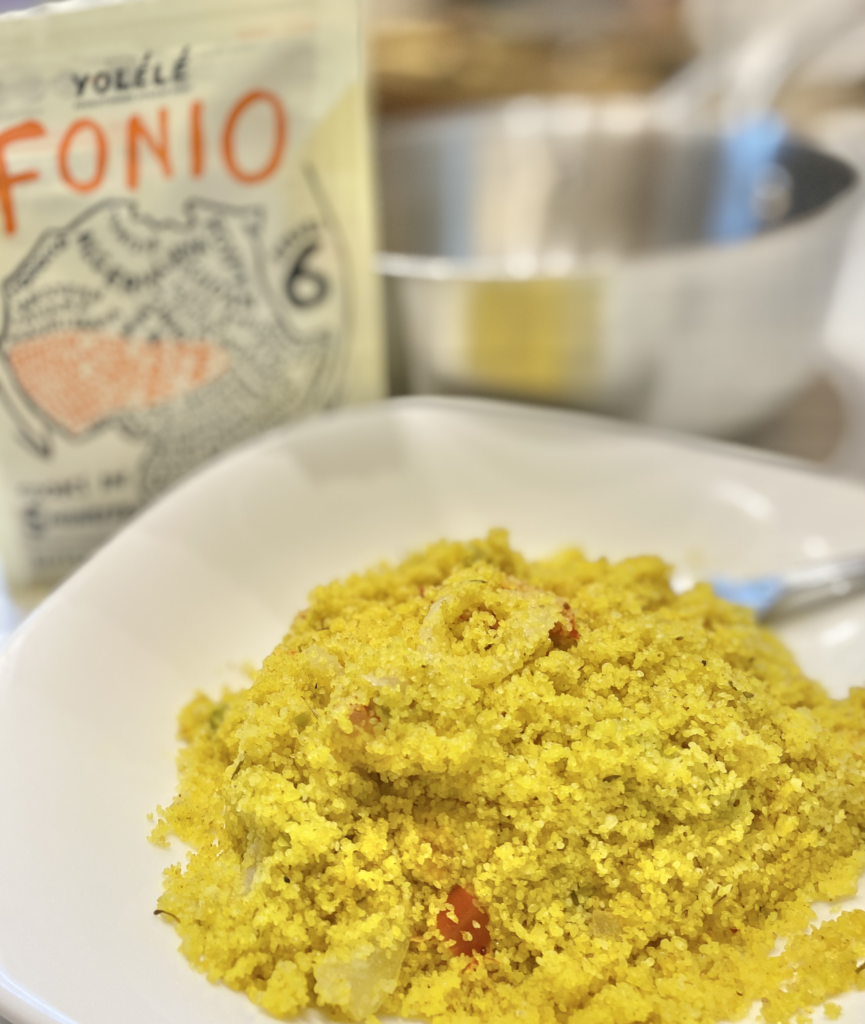
Whole grains can be used in a variety of dishes, from breakfast bowls to stir-fries and even desserts. They are easy to add to your plant-based cooking strategy.
Nuts and Seeds Add Crunch To Your Plant-Based Cooking
Love a crunch? Get excited because you will find a plethora of nuts and seeds to enhance your meals and snack game. Making a salad? Toss in some walnuts or almonds for good fats and nutrients. Plant-based cooking with nuts and seeds allows for that extra crunch and burst of nutty flavors that can make all the difference. Try a nut butter or add nuts and seeds to your stir-fry. We know pumpkin seeds and sunflower seeds. Get to know hemp seeds, flax seeds and chia seeds too!
Fresh Herbs and Spices
Herbs and spices are key to plant-based cooking. Garlic, onion, salt, pepper and paprika were always around when I was growing up. Since becoming a plant-based advocate, I have fallen in love with spices from around the world. They may look small but they are mighty. Add basil, cilantro, turmeric, and cumin to pump up the plant-powered potential of any dish. Use herbs and spices to create your own salad dressings, sauces and marinades.
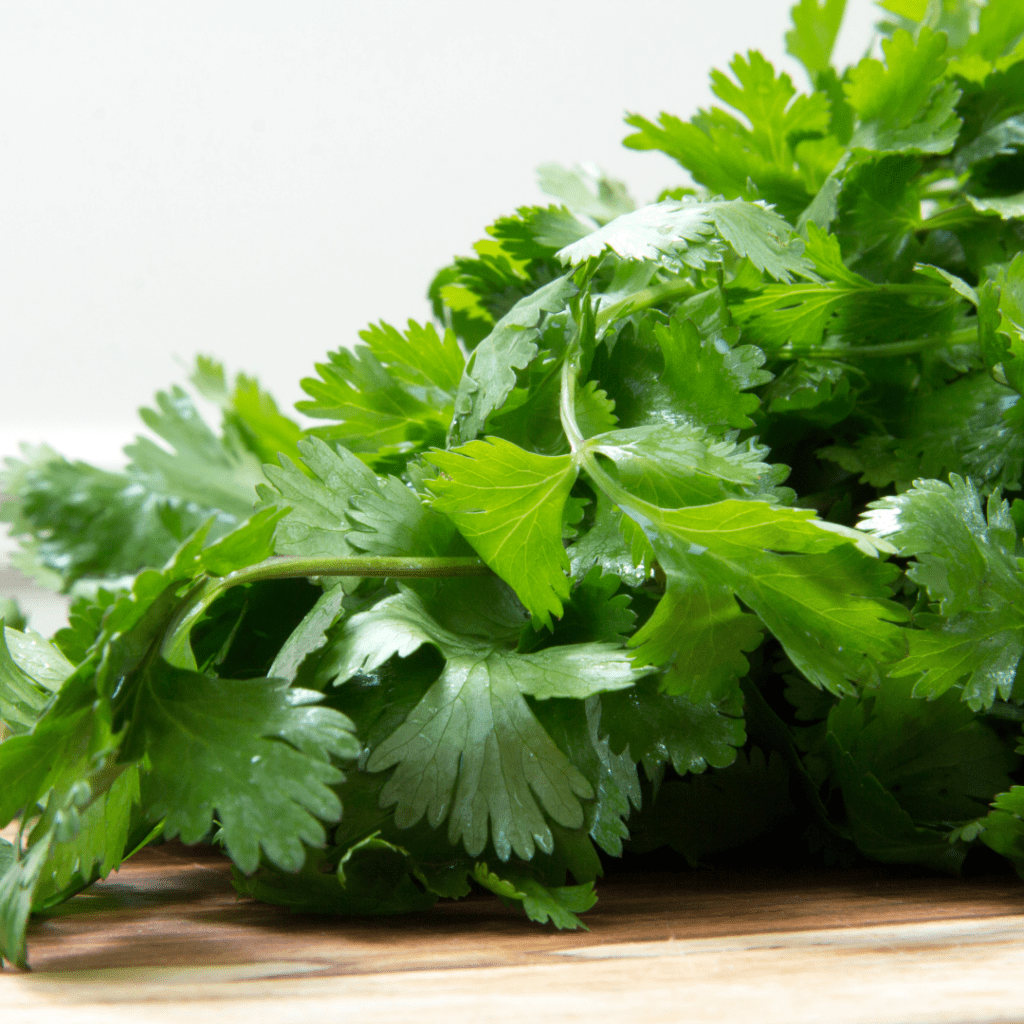
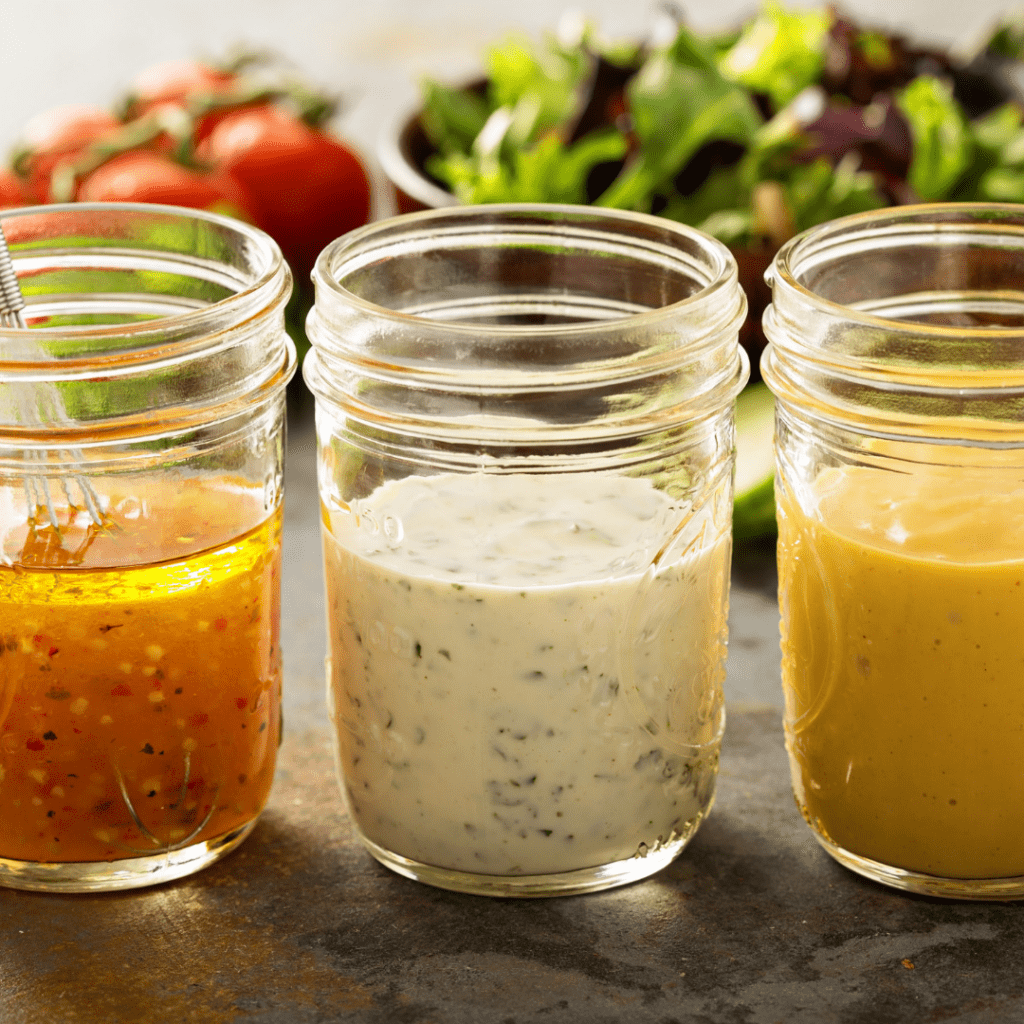
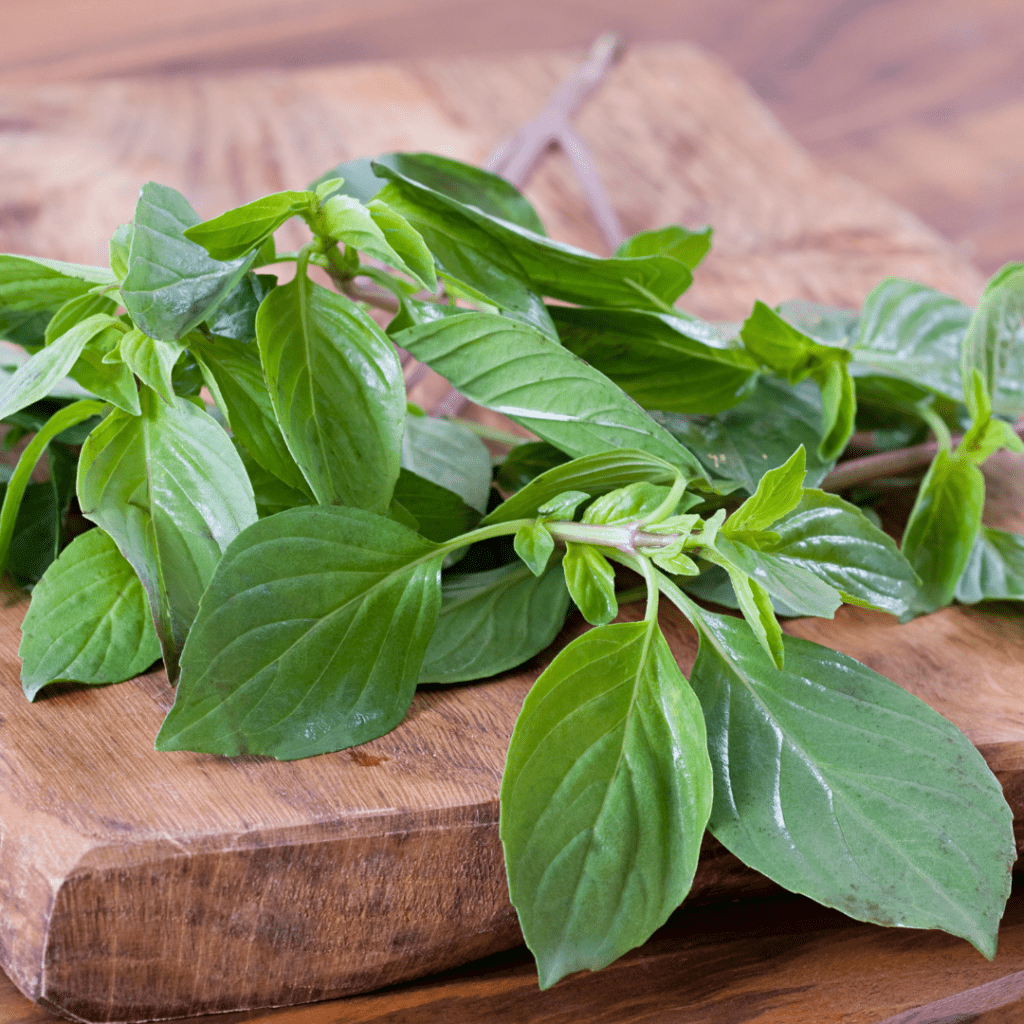
Plant-Based Milks Support Plant-Based Cooking
Have you decided to swap out cow’s milk? Looking for a great alternative for plant-based cooking? Plant-based milks are a good choice. My only advice is to ensure that you choose products that have limited ingredients. Oatmilk should really be oats, water and a touch of salt. It gets tricky as companies try to mimic the creaminess of cow’s milk. They add a lot ingredients to make that possible but those ingredients might not be that great.
Plant-based milks can be good for you. Use them when baking and when you want to curl up on the sofa with your favorite bowl of whole grain cereal. You can also add plant-based milk to your smoothies, sauces and soups. Check out this blog post I wrote about Plant-Based Milks. You are in control. Have fun!
LA is a plant-based advocate from the Bronx who is currently binge watching all 25 seasons of Law and Order SVU. If you want to go from plant-curious to plant-focused, see below and stay connected!
- Follow on Instagram @blackgirlseat
- Subscribe to the newsletter, Recipes & Random-Ish
- Shop with LA at the Black Girls Eat Shop on Amazon
- Take the easy five day email class, Introduction to Plant-Based Nutrition
- Sign up below for updates and announcements

